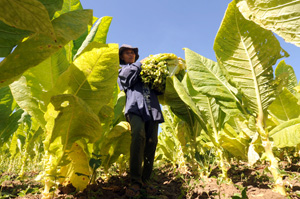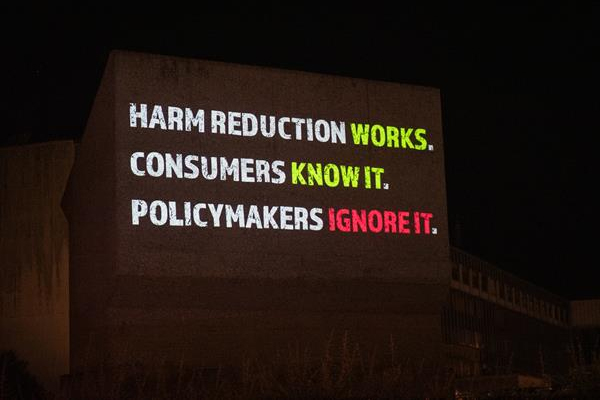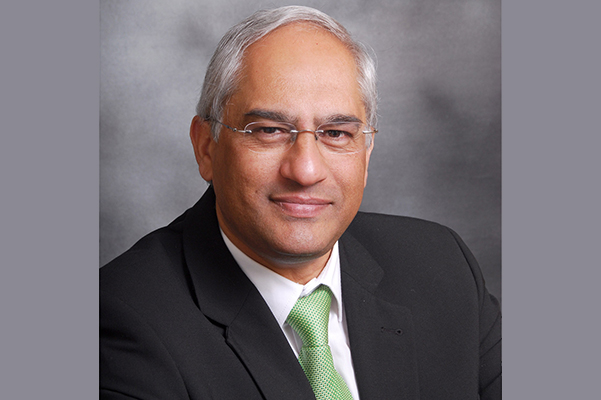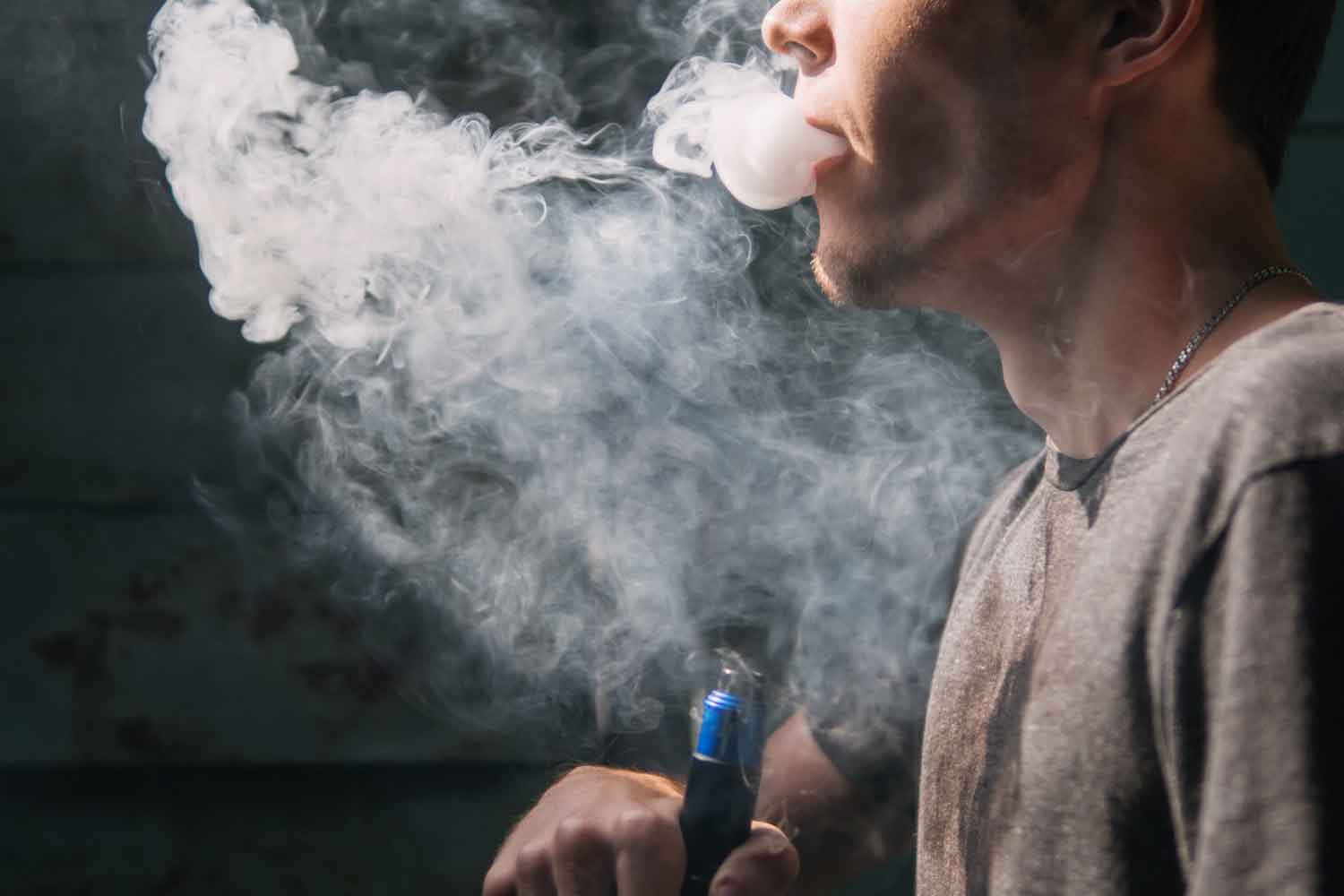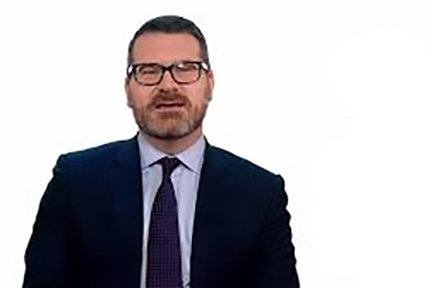“In Brussels, they talk of ‘regulatory simplification,’ yet in international forums, they negotiate new layers of global bureaucracy, from tobacco to digital health and climate governance,” wrote analyst Javier Villamor in an article for The European Conservative. “But beyond the sanitary or environmental narrative, the plan represents a new attempt by Brussels to concentrate fiscal and regulatory powers at the expense of the Member States.”
Villamor argues that as the European Union sidles up to the World Health Organization with its upcoming tobacco control conference (COP11), the actual purpose is to transfer regulatory power from national governments to international agencies without democratic oversight, as Brussels plans to automatically incorporate WHO-aligned measures into EU law.
“What appears to be a technical step is, in reality, the transfer of Europe’s regulatory sovereignty to an international agency with no democratic legitimacy,” Villamor wrote. “Brussels not only intends to sign commitments on behalf of the Member States but also to incorporate them automatically into EU law through the forthcoming revision of the Tobacco Products Directive.
“In practice, this would mean that decisions taken in Geneva offices could become binding bans in Madrid, Rome, or Warsaw—without parliamentary debate or national impact assessment.”
As Brussels considers restrictions, bans, and taxes on virtually every product containing tobacco or nicotine, framing it all as a public health and environmental initiative, the plan includes fiscal measures under the Tobacco Excise Directive (TED) and Tobacco Excise Duty on Raw Tobacco (TEDOR), enabling the EU to directly collect up to 15% of national excise revenues and impose duty hikes of up to 900% on certain products. Observers, Villamor says, warn that such moves centralize authority, undermine the principle of subsidiarity, and risk harming over 80,000 European tobacco producers and small retailers, while benefiting third countries like Morocco and China.
“The so-called ‘anti-tobacco crusade’ becomes a vehicle for recentralizing authority and financing the EU’s bureaucratic machinery under the guise of public health,” Villamor wrote. “The mechanism is well known: Brussels funds these organizations, they in turn demand that EU law be aligned with the WHO, and the Commission presents their demands as a ‘civil society consensus.’ A closed feedback loop of influence, where citizens pay to lose sovereignty.
“Paradoxically, the countries with the best results in reducing smoking, such as Sweden, which has cut its rate to 5% thanks to regulated alternatives like snus and nicotine pouches, would be penalized for adopting effective national policies outside the WHO’s dogma.”

